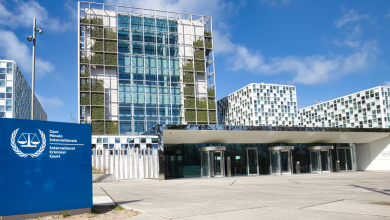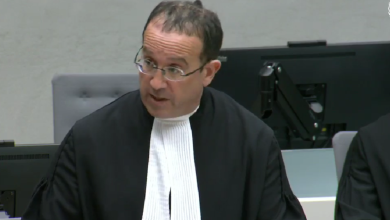Filipinos seeking employment abroad can look forward to faster processing of their applications and deployment with the Incoming Department of Migrant Workers (DMW) Secretary Susan Ople wanting to hasten the procedures of the deployment of overseas Filipino workers (OFWs), a labor official said on Monday.
“That is one of her marching orders. We look at the efficiency of the delivery of services to OFWs. So the ease of doing business is our current focus. How to facilitate the processing, especially the approval of documents, for example. In the next few days, especially when the new secretary of DMW enters, expect that there will be changes,” said Philippine Overseas Employment Administration (POEA) chief Bernard Olalia.
RELATED STORY: DMW Secretary-designate Ople says Marcos wants children of OFWs, returning migrant workers to be taken care of
The overseas job applicants, according to him, could expect a change in the coming days when Ople officially takes over her post.
Olalia added that the POEA continues to be in operation under a two-year transition period which started in February, but admitted that the it is experiencing challenges after the DMW suddenly took down the POEA website.
He said many online services of the POEA are not working as a result of the DMW’s move.
READ ON: OFW advocate Susan Ople reflecting on Marcos offer as Secretary for Department of Migrant Workers
“We have finished IRR (implementing rules and regulations), the staffing pattern has been submitted, including the 2023 budget, but for now the POEA is still there because that’s what Executive Secretary Salvador Medialdea said — until DMW is fully constituted. This means the status quo is still there and the POEA will remain and will continue to provide services to the OFWs.” Olalia reportedly said.
“The migration of the POEA domain into the DMW domain posed a challenge because it was rushed instead of doing it gradually so as not to affect the provision of services, particularly online services and vital information,” he added, while assuring that the services of the agencies will not be disrupted while they are in the transition period.




